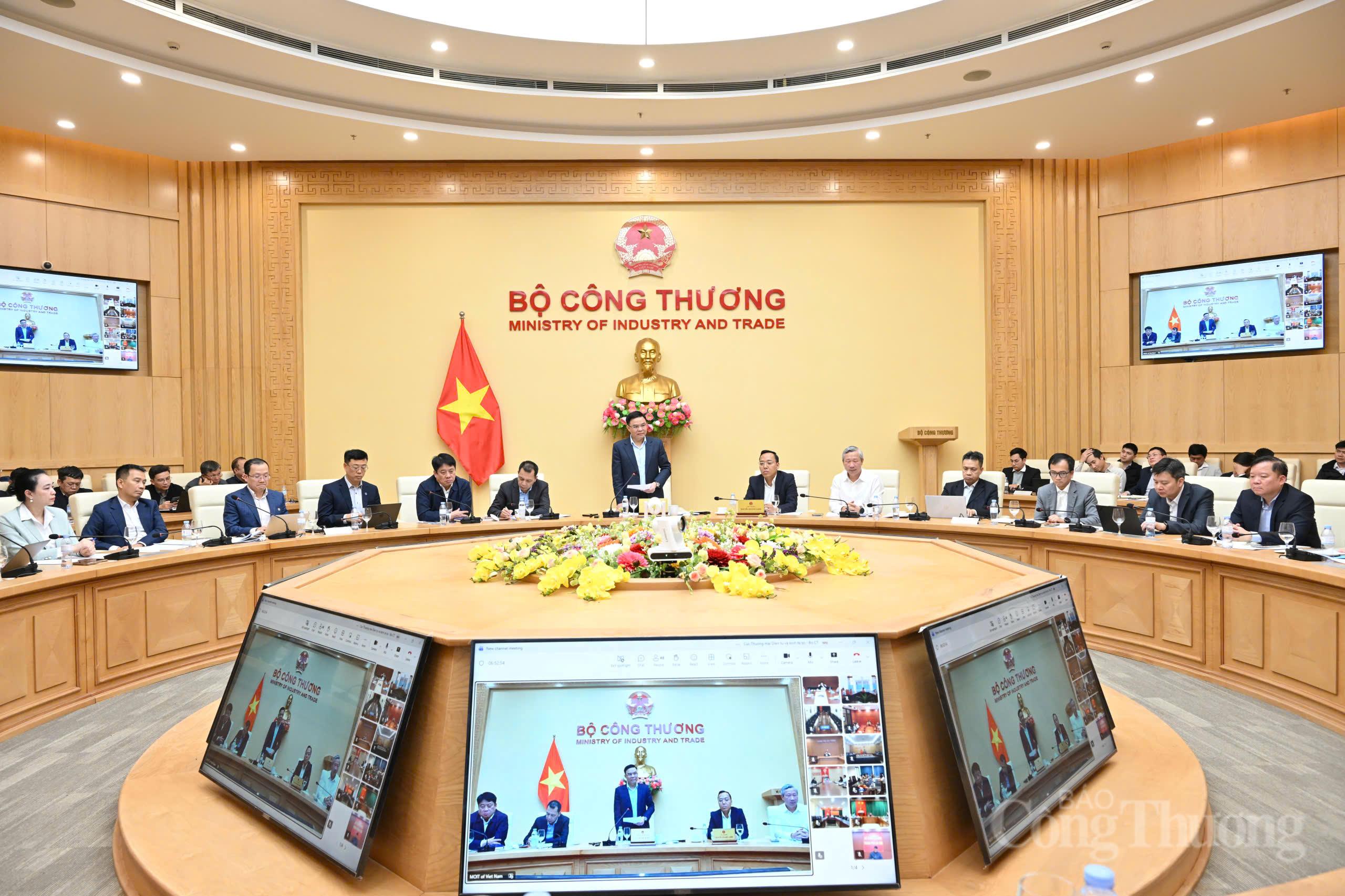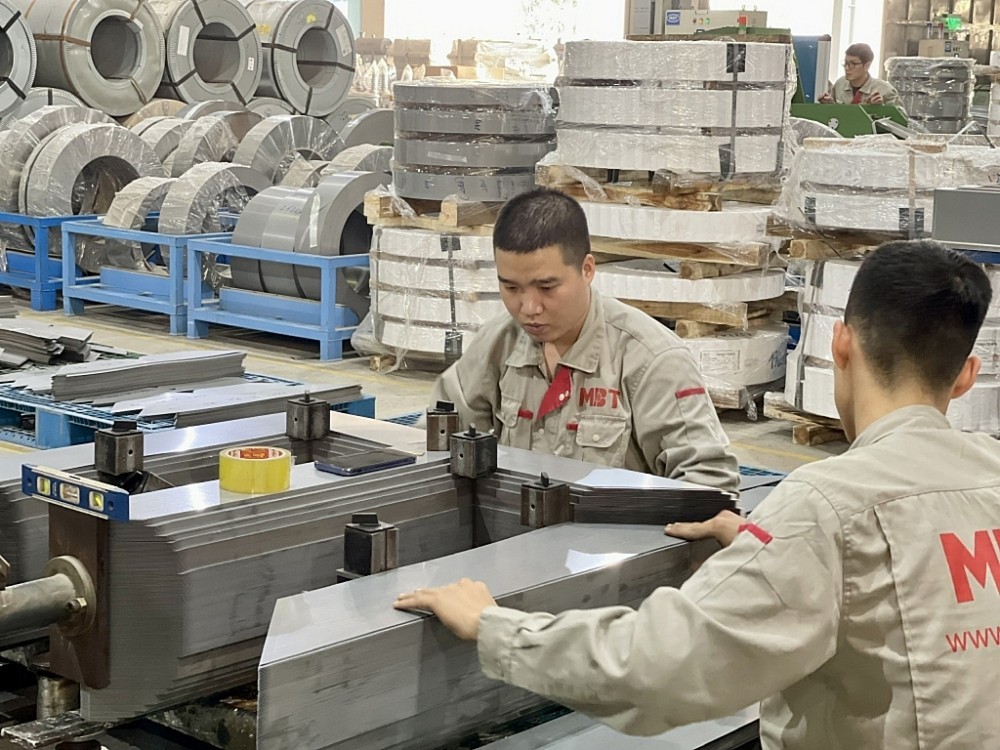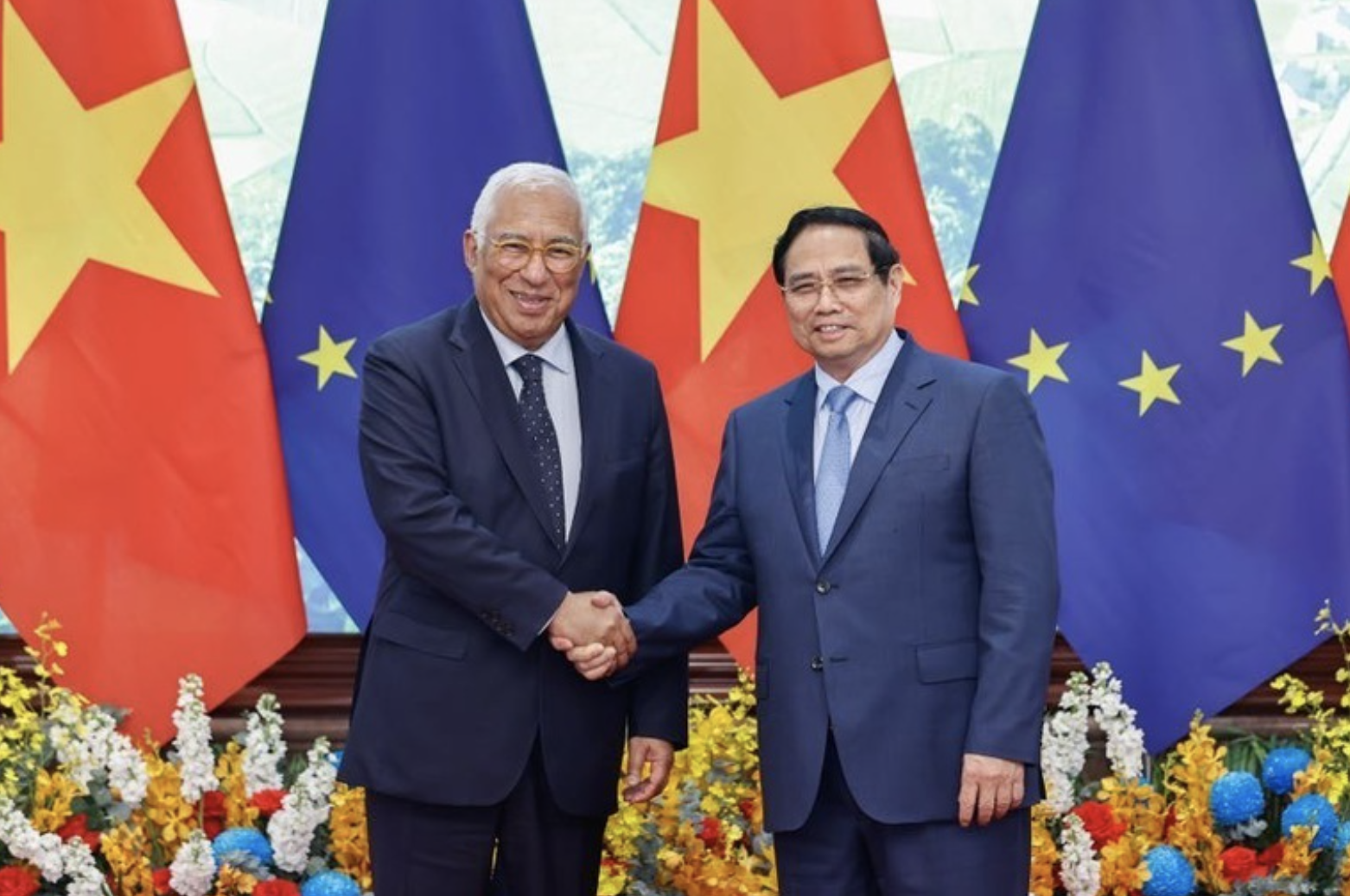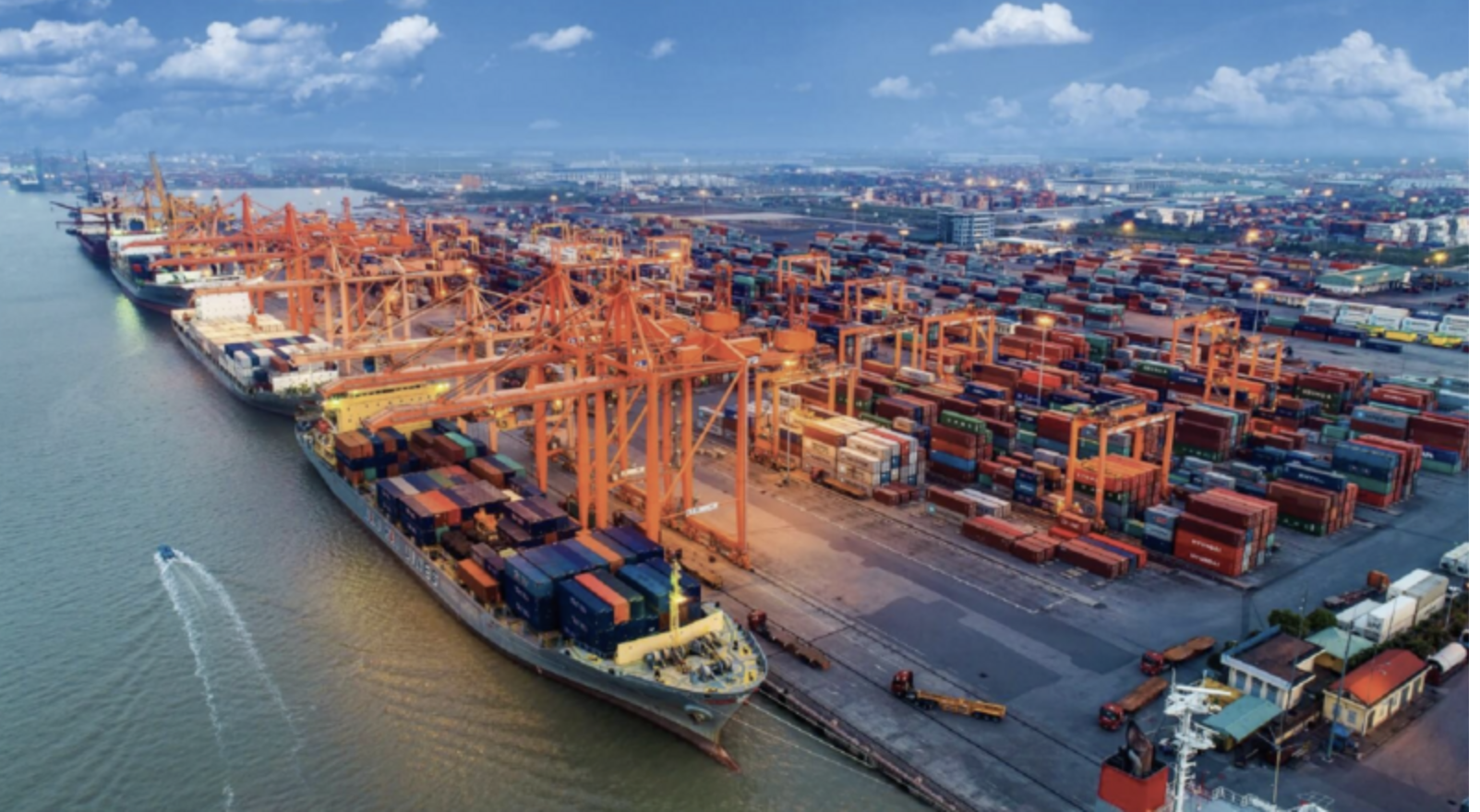
The MoIT strengthens the power supply and key energy projects
19:05 | 23/03/2025 14:42 | 31/01/2026News and Events
According to Dr. Tran Thi Mai Thanh from the Faculty of International Economics and Business, University of Economics and Business, Vietnam National University, Hanoi, the ability of domestic enterprises to supply inputs for companies with foreign direct investment (FDI), especially for large corporations, is still limited. While 90 percent of FDI companies in countries like China, Malaysia, and Thailand use domestic inputs, the figure is only around 60 percent in Vietnam. Furthermore, 30 percent of FDI companies in Vietnam focus on exports and do not supply products to the domestic market, resulting in a lack of forward linkages within the country.
 |
| Domestic businesses need greater support to join global supply chains - photo: H.D |
Pham Tuan Anh, Deputy Director of the Industry Agency of the Ministry of Industry and Trade (MoIT), said that although the investment environment has improved significantly, there are still bottlenecks that need removing. The infrastructure remains inadequate, raising concerns for companies investing in Vietnam. Additionally, the capacity of domestic enterprises is still limited.
Currently, the number of Vietnamese companies participating in the supply chains of major corporations is still low. The biggest bottleneck, according to FDI companies operating in Vietnam, is their dissatisfaction with the quality and capacity of domestic suppliers. Updated data from the MoIT show that approximately 5,000 processing companies are involved in supplying components and parts for the automotive and mechanical industries in the country. Among them, 70 percent supply to domestic manufacturers; 8 percent supply to exporters; and 17 percent supply to both. This means only about 30 percent of Vietnamese supporting industry companies are able to participate in global supply and value chains.
Representatives from the Vietnam Association for Supporting Industries have noted that the challenges faced by small- and medium-sized enterprises in Vietnam when participating in global production networks include the inability to meet price requirements due to high production costs. Additionally, the majority of these companies are small in size, which means they can only take small orders. They can hardly meet deadlines for larger orders and may lack the necessary quality in certain production stages.
Aware of the internal weaknesses and shortcomings of previous policies, the MoIT has submitted a proposal to Deputy Prime Minister Tran Hong Ha regarding the feedback on draft amendments to the Government’s Decree 111/2015/ND-CP on the development of supporting industries. This proposal includes new incentive policies. With approximately 5,000 supporting industry enterprises currently operating, the MoIT suggested that companies with projects producing prioritized supporting industry products will be eligible for various incentives, including corporate income tax preferences.
In the opinion of Dr. Nguyen Quoc Viet from the Vietnam Institute for Economic and Policy Research (VEPR), in order to promote linkages between FDI and domestic enterprises, leverage technological spillover effects, and enable deeper participation of Vietnamese firms in global value chains, it is necessary to establish regional linkages. The government should actively develop production regions, industrial parks, and economic zones to better control the supply of inputs and create closed linkages. Domestic enterprises need to be proactive in seeking technology transfer opportunities from FDI companies. Additionally, there should be efforts to promote the development of supporting industries linked to global value chains.
The State needs to further enhance supportive policies and incentives in terms of taxation, workforce training, credit availability, and market access. In particular, planning and developing supporting industry zones should be closely linked to the supply chains of international corporations as well as domestic enterprises, with appropriate policies in place.

19:05 | 23/03/2025 14:42 | 31/01/2026News and Events

19:05 | 23/03/2025 22:14 | 30/01/2026News and Events

19:05 | 23/03/2025 16:24 | 30/01/2026Science - Technology

19:05 | 23/03/2025 09:54 | 30/01/2026Cooperation

19:05 | 23/03/2025 09:40 | 30/01/2026Investment